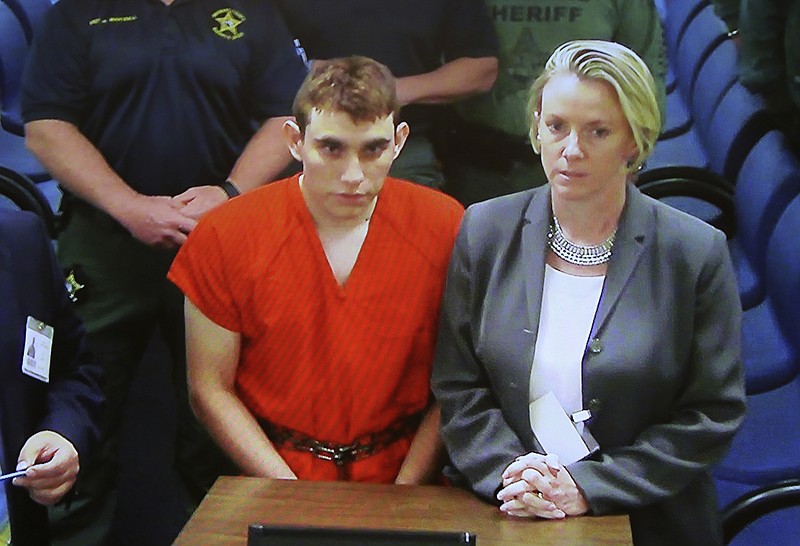Why do we pursue more laws to govern individual behavior when society, in part, frowns and frets when discussion about what makes a decent civilization includes defined moral standards and the notion of the condition of one's heart?
The school shooting in Florida last week was horrific. Every mass shooting is horrific. Every murder, every assault, every act of violence is unacceptable. These events are not just wrong because of their emotional and physical damage and threat to safety and life. They are wrong because each violent act begins in the heart of those who disrespect others' lives, property and rights.
If you steal, your desire to possess an item that belongs to another begins as an emotion that is followed by devising a plan to acquire that item. If you assault or murder another person, that crime begins as an emotion of hate or anger that becomes violent after a plan is devised or the emotion overcomes one's rational mind.
Let's understand that emotions are coded into our genes and are the basis of our instincts to survive and seek pleasure. Emotions, however, are different from feelings, which incorporate unique experiences and interpretations to various events but form the basis of our sentiments. Based upon emotions and feelings, our thoughts are constructed to affect our behavior.
An article featured in CNN.com titled "Insights on why people 'snap' and kill" offered some background from several psychiatrists and psychologists connecting the progression from an emotion to a thought to an act.
Dr. Peter Ash, director of the Psychiatry and Law Service at Emory University, noted that while the sudden act of violence may surprise those who know an individual, there's usually a buildup preceding the crime. "There's a pathway to violence that starts with some thinking and then fantasizing about a plan," he said. "There may be a more explicit planning phase that other people don't particularly notice." A second reference cites Dr. Lyle Rossiter, a forensic psychiatrist in St. Charles, Ill., who explained that the "psychological buildup to a violent outburst with the intent to kill usually takes a minimum of a few days," and that even those with a mental health diagnosis such as bipolar disorder will have that same "psychological buildup" of several hours.
Dr. Fredric Neuman, an author and practicing psychiatrist, noted in a blog published in Psychology Today that "violence is an uncommon complication of mental illness." He observed that few diagnoses, such as paranoid schizophrenia, lead to harmful behavior inflicted upon others. Neuman wrote that among contributing factors to violent behavior were the presence and use of mind-altering drugs that impaired rational thinking and impulse control.
The medical doctor specified a few predictors that help anticipate whether an individual will turn to violent acts (in addition to inappropriate substance use). Commonly, those who commit violent acts have a history of childhood aggression and abuse as well as cruelty to animals. In addition, those who nurse grievances are among those who develop plans for revenge and may "undertake someday to consummate those plans."
So, whether an individual is driven by the emotions of hate or anger or, even, afflicted with a pathology of the mind and thinking, one's behavior, whether violent or peaceful, is a manifestation of one's heart and one's thinking.
The state of the heart and mind determines the number of laws needed for a civil society.
Robin Smith, a former chairwoman of the Tennessee Republican Party, owns Rivers Edge Alliance.

